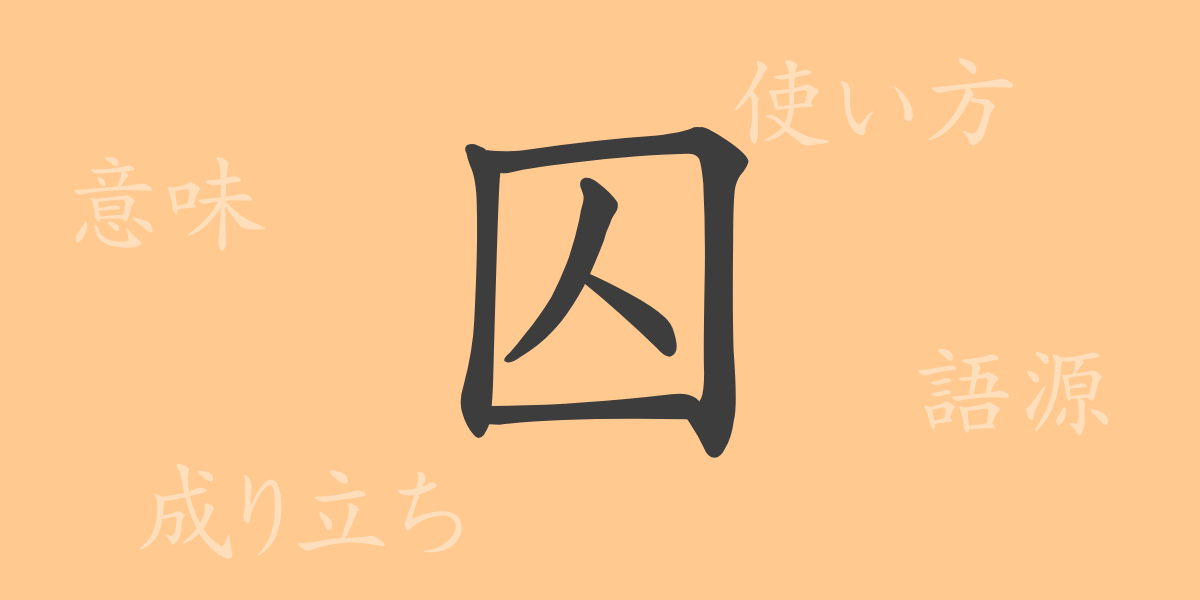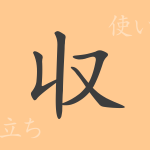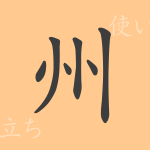In Japanese, each kanji character carries its unique history and meaning. “囚(しゅう)” might seem like a simple kanji at first glance, but it holds a profound history and cultural significance. This article delves into the origins, meanings, usage, readings, and related idioms and expressions of the kanji “囚(しゅう).” By exploring this character, you will gain a deeper understanding of its rich world and enhance your comprehension of the Japanese language.
Origin of 囚(しゅう) (Etymology)
The kanji “囚(しゅう)” developed from ancient Chinese pictographs. It originally depicted a person with bound hands, representing a prisoner. Over time, the character evolved into its current form, retaining its core meaning. The structure of “囚(しゅう)” consists of “囗” (a surrounding enclosure) and “人” (a person), symbolizing a captured or imprisoned individual.
Meaning and Usage of 囚(しゅう)
The kanji “囚(しゅう)” primarily means “prisoner” or “captive.” It is frequently used in legal terms and criminal cases to refer to incarcerated individuals. Additionally, it appears in figurative expressions and literary works to describe states of being deprived of freedom. The verb form “囚われる(とらわれる)” indicates both physical captivity and psychological entrapment or obsession.
Readings, Stroke Count, and Radical of 囚(しゅう)
The kanji “囚(しゅう)” has specific readings and characteristics:
- Readings: The on’yomi (音読み) is “シュウ,” with no common kun’yomi (訓読み).
- Stroke count: 5 strokes
- Radical: 囗(かんにょう)
Idioms, Phrases, and Proverbs Using 囚(しゅう)
There are numerous idioms, phrases, and proverbs that include the kanji “囚(しゅう).” Here are a few well-known examples:
- 囚人(しゅうじん): A person incarcerated in a prison.
- 囚われる(とらわれる): To be physically or mentally constrained or captivated.
- 心の囚われ(こころのとらわれ): Psychological captivity or bias.
- 囚われの身(とらわれのみ): A state of being deprived of freedom.
Conclusion on 囚(しゅう)
The kanji “囚(しゅう)” is straightforward in form yet profound in meaning, touching on themes of human freedom and confinement. Its usage in Japanese extends beyond legal and penal contexts to various expressions in daily life and literature. By exploring “囚(しゅう),” we can appreciate the layered meanings it conveys and gain insight into the cultural and psychological dimensions behind the words. This deep dive aims to help you understand the multifaceted nature of “囚(しゅう)” and enrich your knowledge of Japanese culture and language.

























